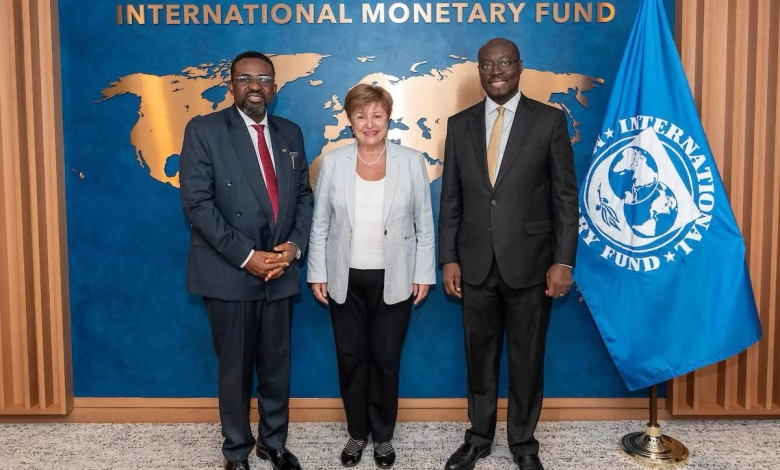Tight Policies Behind Cedi Stability, But Risk to Growth Looms

- Tight fiscal and monetary coordination credited for stabilizing cedi and lowering inflation
- Economist warns current policies may hurt long-term growth and domestic production
- Inflation higher on local goods than imports, signaling competitiveness issues
Tighter coordination between Ghana’s fiscal and monetary authorities is yielding positive results—but at a significant cost.
That’s according to economist Professor Godfred Bokpin, who argues that the recent stability of the Ghanaian cedi and falling inflation rates are outcomes of deliberate policy decisions—not mere coincidences.
“This isn’t accidental,” he said on Newsfile. “There’s a clear reason behind what we’re seeing.”
Prof. Bokpin pointed to the 2025 budget as evidence of the government’s strategic shift toward economic stabilization. “The economy was overheating, so what did they do? Shock therapy—tight fiscal consolidation. Spending increased by just over ¢10 billion compared to 2024. That’s very restrained,” he explained.
He praised the collaboration between the Finance Ministry and the Bank of Ghana, calling their coordination “rare” and commendable.
On the monetary front, Bokpin cited the Bank of Ghana’s increased transparency—such as publishing individual Monetary Policy Committee (MPC) member minutes—and an aggressive tightening stance, including a 100 basis point policy rate hike and intensified liquidity sterilization.
“The squeeze is real,” he said. “With government spending down, liquidity injections are limited. Imports are low. Demand is suppressed. Combined with favourable foreign exchange inflows from gold, cocoa, and remittances, the central bank can afford to intervene and pull rates down.”
However, Bokpin cautioned that this strategy might be unsustainable and counterproductive in the long term.
“My concern is that the central bank is using the exchange rate to drive inflation down. That may work in the short term, but it risks damaging the real economy,” he warned.
He argued that the current approach—focused on strengthening the cedi—hurts domestic production by making imports cheaper and discouraging local manufacturing.
“This doesn’t create jobs. It promotes an import-dependent economy,” he said.
To underscore his point, Bokpin referenced recent inflation data showing that prices for locally produced goods have outpaced those of imported ones since November 2023.
“That tells you it’s cheaper to import—even with port duties—than to produce locally.”
He emphasized that the government must be more transparent if the goal is currency stabilization.
“The market seems to have adjusted to around ¢15 to the dollar. If you push it lower, where are you taking it? The Bank of Ghana probably has a target, but they haven’t communicated it—and that’s risky. It creates uncertainty.”
Instead of focusing solely on exchange rate intervention, Prof. Bokpin recommended a shift toward building foreign exchange reserves for long-term stability.
“With current FX inflows, we should be growing our reserves. That brings predictability, which is what businesses need for long-term planning.”
He acknowledged that the Bank of Ghana has room to act, noting that Ghana had previously breached the reserve floor under the IMF programme without excessive reserve depletion. “I agree with the First Deputy Governor—reserves aren’t being burnt.”
But he reiterated his concern about sustainability.
“Each time the cedi strengthens, the question is whether it can last. We’ve seen this before—short-term gains followed by sharp reversals. That hurts planning and investment.”
In conclusion, Prof. Bokpin warned that while Ghana’s current policy mix may be winning the battle against inflation, it could be doing so at the expense of economic growth.
“If we keep driving the cedi up, we’re simply making imports cheaper. That undermines local production and does little to build a resilient economy.”






